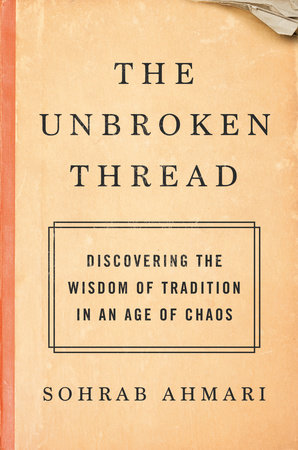At the New York Times, "Conservatives with close ties to Donald J. Trump are laying out a “paradigm-shifting” legal rationale to erase the Justice Department’s independence from the president":
When Donald J. Trump responded to his latest indictment by promising to appoint a special prosecutor if he’s re-elected to “go after” President Biden and his family, he signaled that a second Trump term would fully jettison the post-Watergate norm of Justice Department independence. “I will appoint a real special prosecutor to go after the most corrupt president in the history of the United States of America, Joe Biden, and the entire Biden crime family,” Mr. Trump said at his golf club in Bedminster, N.J., on Tuesday night after his arraignment earlier that day in Miami. “I will totally obliterate the Deep State.” Mr. Trump’s message was that the Justice Department charged him only because he is Mr. Biden’s political opponent, so he would invert that supposed politicization. In reality, under Attorney General Merrick Garland, two Trump-appointed prosecutors are already investigating Mr. Biden’s handling of classified documents and the financial dealings of his son, Hunter. But by suggesting the current prosecutors investigating the Bidens were not “real,” Mr. Trump appeared to be promising his supporters that he would appoint an ally who would bring charges against his political enemies regardless of the facts. The naked politics infusing Mr. Trump’s headline-generating threat underscored something significant. In his first term, Mr. Trump gradually ramped up pressure on the Justice Department, eroding its traditional independence from White House political control. He is now unabashedly saying he will throw that effort into overdrive if he returns to power. Mr. Trump’s promise fits into a larger movement on the right to gut the F.B.I., overhaul a Justice Department conservatives claim has been “weaponized” against them and abandon the norm — which many Republicans view as a facade — that the department should operate independently from the president. Two of the most important figures in this effort work at the same Washington-based organization, the Center for Renewing America: Jeffrey B. Clark and Russell T. Vought. During the Trump presidency, Mr. Vought served as the director of the Office of Management and Budget. Mr. Clark, who oversaw the Justice Department’s civil and environmental divisions, was the only senior official at the department who tried to help Mr. Trump overturn the 2020 election. Mr. Trump wanted to make Mr. Clark attorney general during his final days in office but stopped after the senior leadership of the Justice Department threatened to resign en masse. Mr. Clark is now a figure in one of the Justice Department’s investigations into Mr. Trump’s attempts to stay in power. Mr. Clark and Mr. Vought are promoting a legal rationale that would fundamentally change the way presidents interact with the Justice Department. They argue that U.S. presidents should not keep federal law enforcement at arm’s length but instead should treat the Justice Department no differently than any other cabinet agency. They are condemning Mr. Biden and Democrats for what they claim is the politicization of the justice system, but at the same time pushing an intellectual framework that a future Republican president might use to justify directing individual law enforcement investigations. Mr. Clark, who is a favorite of Mr. Trump’s and is likely to be in contention for a senior Justice Department position if Mr. Trump wins re-election in 2024, wrote a constitutional analysis, titled “The U.S. Justice Department is not independent,” that will most likely serve as a blueprint for a second Trump administration. Like other conservatives, Mr. Clark adheres to the so-called unitary executive theory, which holds that the president of the United States has the power to directly control the entire federal bureaucracy and Congress cannot fracture that control by giving some officials independent decision-making authority. There are debates among conservatives about how far to push that doctrine — and whether some agencies should be allowed to operate independently — but Mr. Clark takes a maximalist view. Mr. Trump does, too, though he’s never been caught reading the Federalist Papers...



